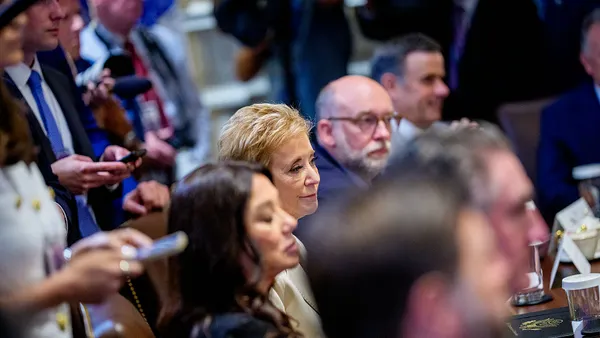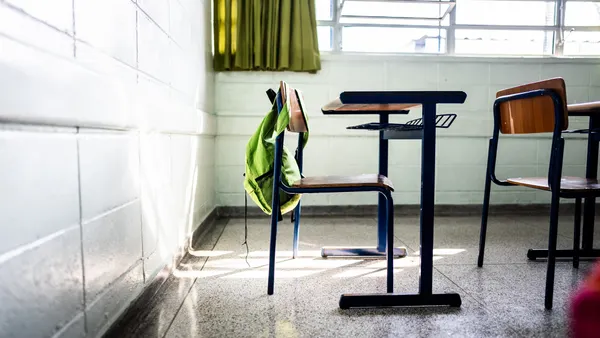Congress is once again a divided house as midterm elections results edge to final tallies, indicating that White House education initiatives may be harder to transform into reality.
On Wednesday, the Associated Press announced House Republicans will have a majority in the House when the 118th Congress convenes in January. Democrats retained control of the Senate with a slim majority.
It is yet to be determined which lawmakers will lead the two main education committees in Congress: the Senate Health, Education, Labor and Pensions Committee and the House Education and Labor Committee. Current HELP Committee Chair Patty Murray, D-Washington, won her reelection campaign but is anticipated to take over the chair of the Senate Appropriations Committee, according to Politico.
Rep. Bobby Scott, D-Virginia, will need to relinquish leadership of the House education committee due to the new GOP majority. The committee's current ranking member, Rep. Virginia Foxx, R-North Carolina, would be the likely new chair — she's held the top position before — but a GOP rule prohibits members from serving more than three consecutive terms as a chair or ranking member of a committee or subcommittee. News reports said Foxx will seek a waiver to be considered for the top post.
Foxx and other Republicans on the education committee, which once under GOP leadership will likely be renamed the Education and Workforce Committee — have been critical of proposed regulations for Title IX, the $121.9 billion allocated to schools under the American Rescue Plan, and efforts concerning classroom discussion and instruction about racial injustice, equity and inclusion.
There is, however, general bipartisan agreement for mental health supports for students, expansion of career and technical education, and investments for special education services.
Although Congress enacts legislative and fiscal programs that trickle down to district and school-level practices, most of the day-to-day policy in K-12 is set by state and local decision-makers. The Education Commission of the States said one impact to state education policy from the midterms would likely be considerable turnover in state legislative education committee chairs across the country.
New governor-elects in nine states had several education-related campaign proposals in common, according to ECS. Those included teacher recruitment and retention, improving mental health and social-emotional supports, and upgrading school facilities.
Keri Rodrigues, co-founder and president of the National Parents Union, said in a statement the day after the elections that polling from parents shows they want lawmakers to focus on issues such as learning loss and social-emotional support, not "culture war distractions."
"Those elected to office last night should make no mistake, this is not the time for paralysis or gridlock. It’s time for urgency and problem-solving," Rodrigues said.








 Dive Awards
Dive Awards




